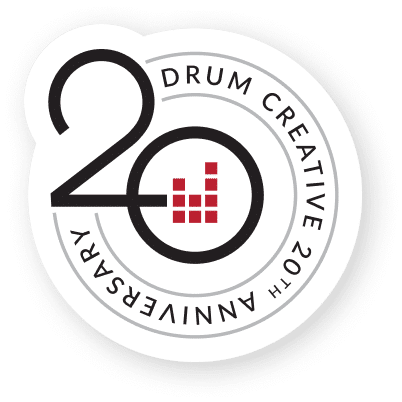SEO Strategy
- Back
The Right SEO Strategy You’ve Been Searching For
Increase
Online Visibility
Improve
Search Rankings
Ignite
Opportunities for Leads & Sales
If customers can’t find you online, you’re losing potential business.
Your SEO Strategy Should
Increase visibility
Drive qualified traffic
Attract new customers
Increase click-thru rates
Produce long-term results
SEO Capabilities
Technical SEO
Social Media
Video
Pay-Per-Click
SEO Strategy
Our Clients
Every company’s greatest assets are its clients.
Success
We've successfully helped our clients discover and rank for hundreds of keywords that convert.
We have over 10 years of experience and insight.
Our dedicated SEO experts will work with you on an effective ranking strategy.
Discover
Evaluate Your Specific Industry and Target Audience
Strategize
Create an SEO Plan to Attract More Customers
Rank
Move Your Site to the Top of Search Engines
Measure
Track and Analyze Data to Get the Best Results
Ready to Implement an Effective SEO Strategy For Your Business?
Start gaining an advantage by having a strategic SEO partner to help you grow your business.
Common
SEO Questions
What is SEO and Why is it Important?
SEO, or Search Engine Optimization, is the process of improving a website’s visibility on search engine results pages. It includes optimizing a website’s structure, content, and technical aspects to improve your potential to rank higher for the specific search terms relevant to your particular business. By improving your keyword rankings, your website can attract more organic traffic and reach potential customers. SEO is crucial for online success because it increases visibility, drives organic traffic, and enhances brand authority.
How do I rank higher on Google?
How can I improve my website traffic?
- Create high-quality content to address your target audience and seeks to engage their needs and interests.
- Optimize for search engines by hiring an experienced SEO expert to help you develop a successful engagement strategy.
- Make sure your website is mobile-friendly, loads quickly, is easy to navigate, and is well designed resulting in a positive user experience.
- Utilize your social media channels to promote your website and create interest that will drive traffic back to your website.
How do I choose an SEO company?
Hiring the right SEO company is imperative for your online success. You need a company with experienced experts, a proven record of successful results, and will communicate clearly. The right SEO company will seek to understand your business goals and provide strategies that complement them. Check for client testimonials and case studies. Ultimately, choose a company that will take the time to understand your values and is committed to ethical SEO practices.
